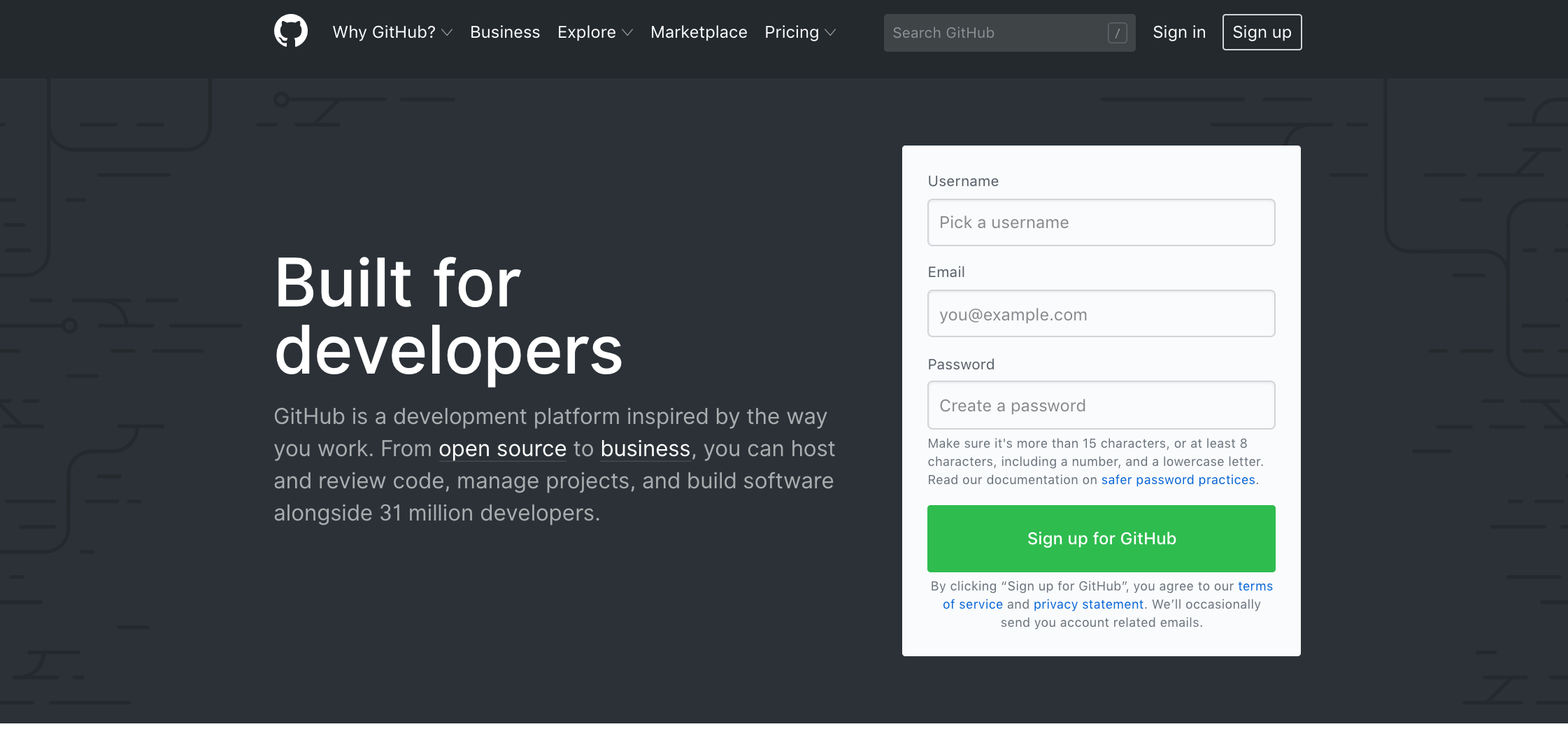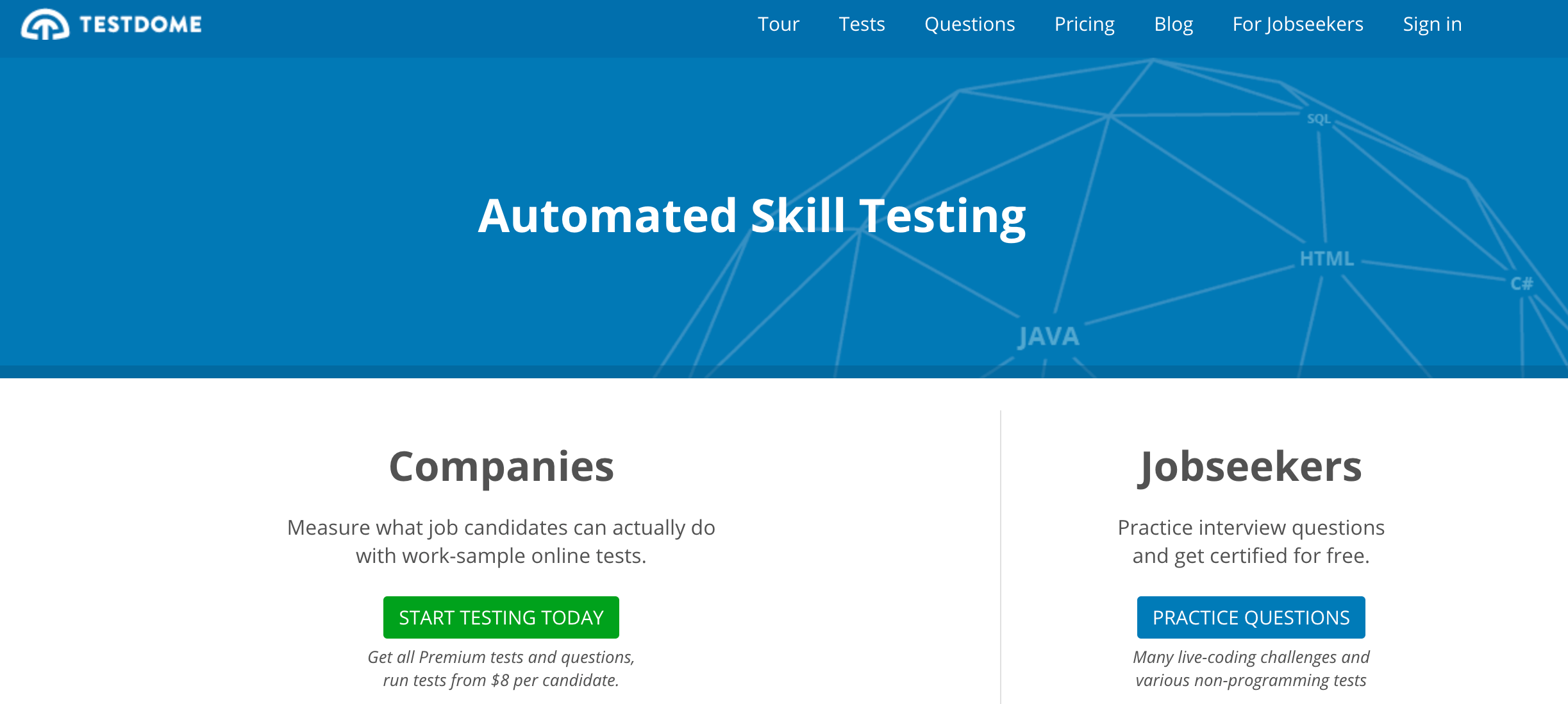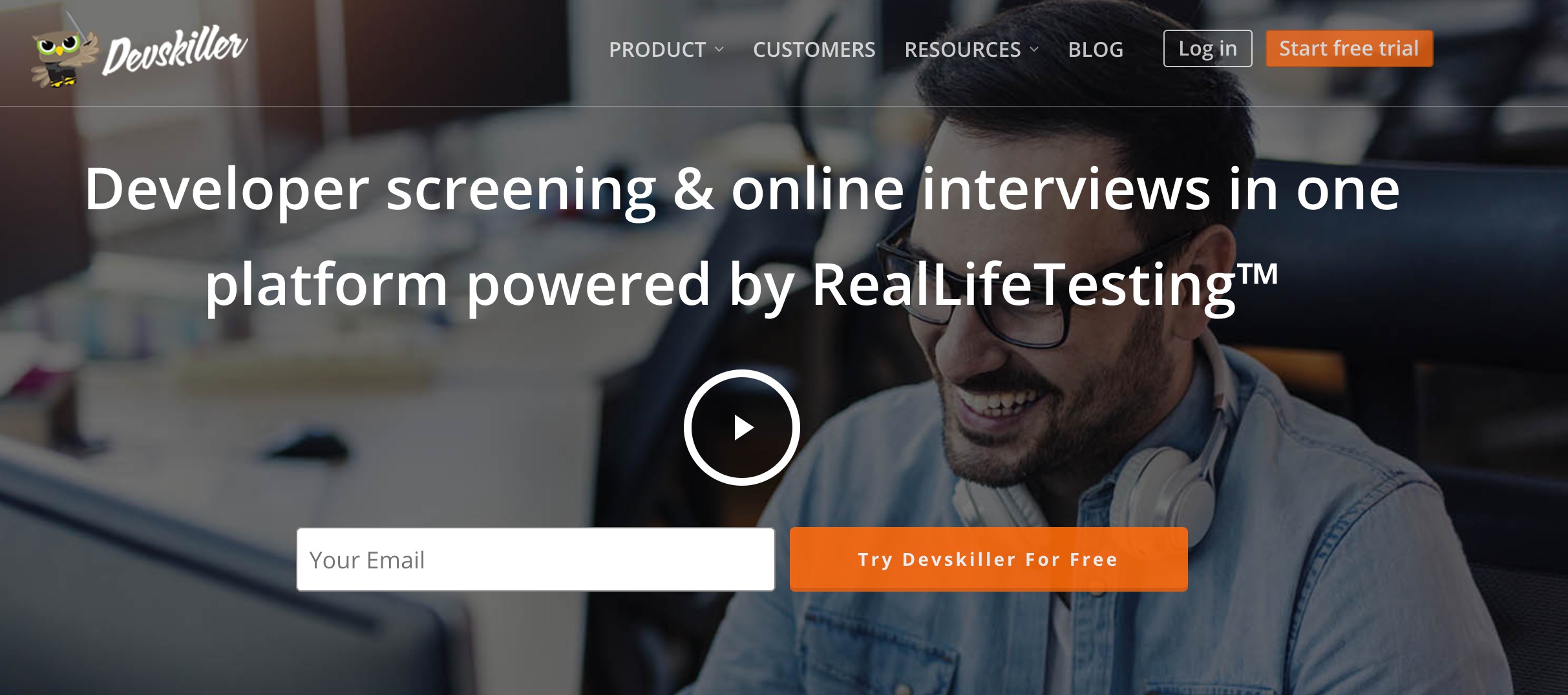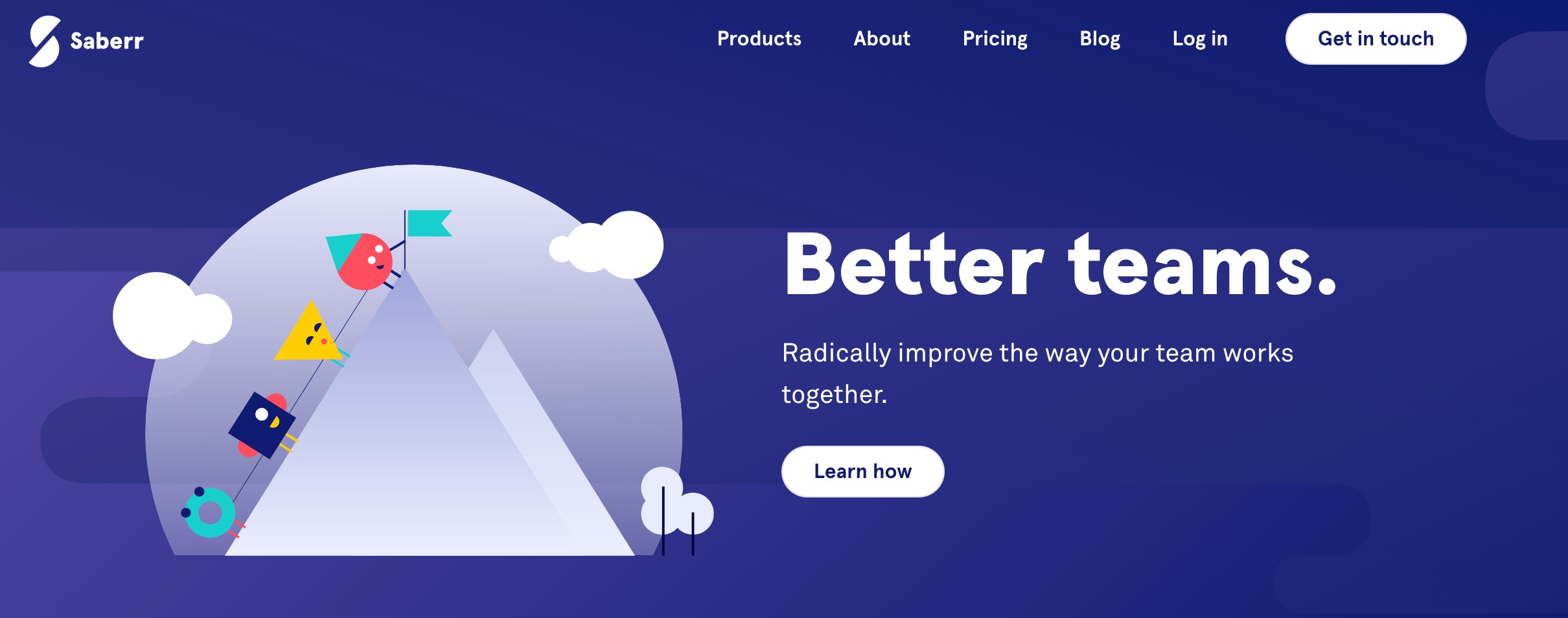Hiring a developer remains not the easiest task especially when companies have to compete for the best candidates available on the market. However, to make the right decision, you first have to verify all candidates. In this article, we’ll take a closer look at each step of this verification and testing process so you find your perfect tech team.
Pre-screening, or a first-paced selection process, when HR manager himself or with a help of some special screening software starts identifying if there is a match between the candidate’s application and the job description This process is tricky enough since it requires to looking not only into the candidate’s CV but also looking through candidates’ profiles on:
- Linkedin – an old-fashioned, but yet still effective and powerful way of finding a list of potential candidates;

- GitHub – a heavily trusted resource that assists IT recruiters when it comes to hiring a developer. T platform and its online repository gives an opportunity to see which open source project each candidate is working on and, thus, to better understand his/her previous work experience. For non-technical recruiters who just can’t identify the quality of the code, it’s suggested to evaluate the candidate’s technical profile based on:
- a level of reputation (which can be counted by the number of followers);
- the most recent activity (a summarized number of projects, commits, or issues that are closed or still active);
- an experience level, detected by the date of joining GitHub (you can filter and sort this data);
- a type of projects the candidate is working on or just has finished one (check out the number of candidate’s own repositories).
- StackOverflow or, simply, Quora for developers – a platform with a very simple interface designed to help developers and their colleagues to find almost any solution in terms of coding. Pay attention to a point system of active members since all of them receive points for their answers. The more points a particular developer has got, the more trusted specialist he is assumed to be. Also because most IT specialists are using StackOverflow on a daily basis it’s accumulating lots of data to find the right candidate;
Phone screening. Although some managers believe it might be an old-fashioned method it’s still widely used and can help with finding out the candidate’s motivation and prescreen him without any preparation.
Programming skills test or coding test (sometimes it is also called technical screening), which is one of the best ways to get insights into how the developer can apply his knowledge into practice This part might be divided into two categories – testing of skills and knowledge of a particular technology or framework as well as cognitive testing to check the candidate’s general experience and abilities to logically cope with some stressful and complicated cases.
Check out some of these platforms designed specifically for testing developers:
#1 TestDome provides test takers with samples of actual work, short-term tests and protection from cheating on the employer’s side.

The platform has a relatively big library of predefined tests as well as an opportunity to add specific individual questions (which could be helpful when testing seniors) or custom questions.
A specific feature of this software product is that it allows candidates to use online resources to solve test problems. It’s especially important when it comes to the tasks with the ‘fundamental’ coding problems.

#2 Devskiller contains an embedded advanced analytics and reporting to better understand the candidates’ results. Devskiller has its own system of cheating protection based consisting of two elements: plagiarism analysis and IP tracker. The former is comparing the candidate’s responses with all answers that have ever been submitted in their records. IP tracker is comparing the user’s physical location IP address with the one he stated in the application form.
Also, there is an opportunity to conduct live interviews within the software and to record the whole coding sessions in order to take a deep analysis of them further.
#3 Woven technical assessments stand out as a human-powered evaluation process, distinguishing themselves from automated assessments. Each assessment, ranging from 90 to 120 minutes for candidates, is reviewed and scored by experienced engineers, offering a personalized and nuanced evaluation.

#4 Saberr is a platform from a bit different category than others three buy help to learn more about the psychological and cultural aspects of the team. With Saberr, you can check how well your candidate’s values are matched with your team.
Some employers might be very harsh with their developers. For example, Mutual Mobile has changed the rules of a typical test taking process by providing applicants with the test, which is, actually, a part of a real project code full of bugs and run-time issues. Since Mutual Mobile is always in need for senior IT specialists, they need to check them especially thoroughly. Their dev teams intentionally build three levels of bugs to evaluate the ‘brightest’ minds.
Live coding is probably the toughest stage and is a great opportunity to see the real-time process of coding and how job seeker is coping with different tasks, his or her approach to coding. For these purposes, they usually use screen sharing making this processfully interactive.
Live coding sessions typically are last between 15 minutes and 1 hour. However, it’s complicated to scale since the number of interviewers might be to high making it ultimately extremely time-consuming.
Onsite interview could be either a part of live coding session or a separately held activity to finally understand if there is a perfect match of the candidate with the company. To make it easier, prepare a structured list of questions and test tasks in advance.
Interview Questions Every CTO Has To Ask When Hiring A Remote Software Engineer
We highly recommend also one more thing to keep in mind – a generation gap: representatives of Baby Boomers, Millennials or Post-Millennials generations could behave differently while answering these questions so don’t be too biased and try to understand their way of thinking.
Don’t forget to outline company’s vision and project’s goals at the end of the interview if you think that candidate is a good fit for your company. Skilled developers desire for both a well-paid position and an engaging project so it is highly possible, that during an onsite interview you’ll be also asked about your project and why it is cool. Also, consider hiring offshore developers as an option if you need to extend your development fast and easy.






